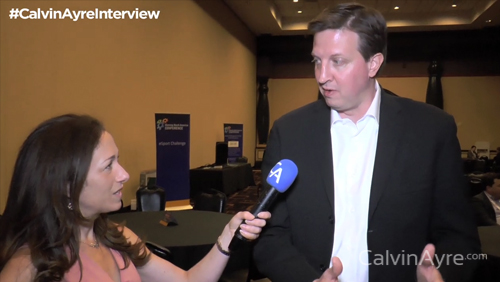In this interview with CalvinAyre’s Rebecca Liggero, Joseph Bunevith of FastFantasy talks about the challenges that small industry players face in the midst of legal uncertainty of daily fantasy sports.
Smaller fantasy sports businesses in the United States are now feeling the heat as more and more states starts pushing for regulation of daily sports fantasy (DFS). But regulating is not really the primary concern of these businesses.
The problem, according to Joseph Bunevith of Fast Fantasy, lies with the lawmakers who do not take into account the fact that there are other DFS operators beyond the walls of giants DraftKings and FanDuel.
Bunevith said the situation for the little guys of the fantasy industry remains challenging, especially since the DFS landscape remains volatile.
He cited the DFS legislations that have been approved by the states of Virginia and Indiana, which he believes to have pushed out smaller companies and start-ups while also failing to account for growth. Both states, according to Bunevith, have offered $50,000 licensing fee, which is a hefty sum for small DFS operators.
“As a small operator like myself, it’s certainly a challenge, it’s kind of a double edge though. Is $50,000 worth that state? It is really a player valuation not necessarily licensing fee,” Bunevith told CalvinAyre.com.
Bunevith said his company immediately stopped operating in Alabama and in Tennessee after the attorney generals of those two states declared that DFS is a form of gambling.
He hopes that states will pass DFS laws that are friendlier toward small operators, much like the one passed in Massachusetts.
“The laws in Massachusetts… we’d like to see more laws like that. It is very diligent to consumer protections, but there is no fee,” he explained.
Despite the persisting obstacles that the industry faces, Bunevith is convinced that the DFS is the next area of growth in the iGaming industry.
“I personally love the game, and I am actually 10 years removed from the generation that totally plays the game. I feel that it’s kind of like the next wave of sport betting operator, like William Hill or other companies like that, which could actually offer an auxiliary product or product like mine in that type of market,” he said.
